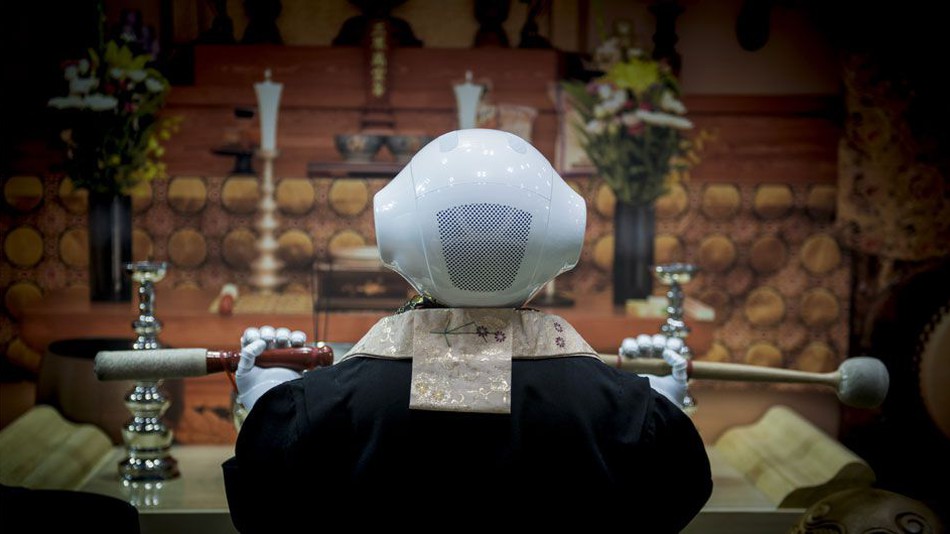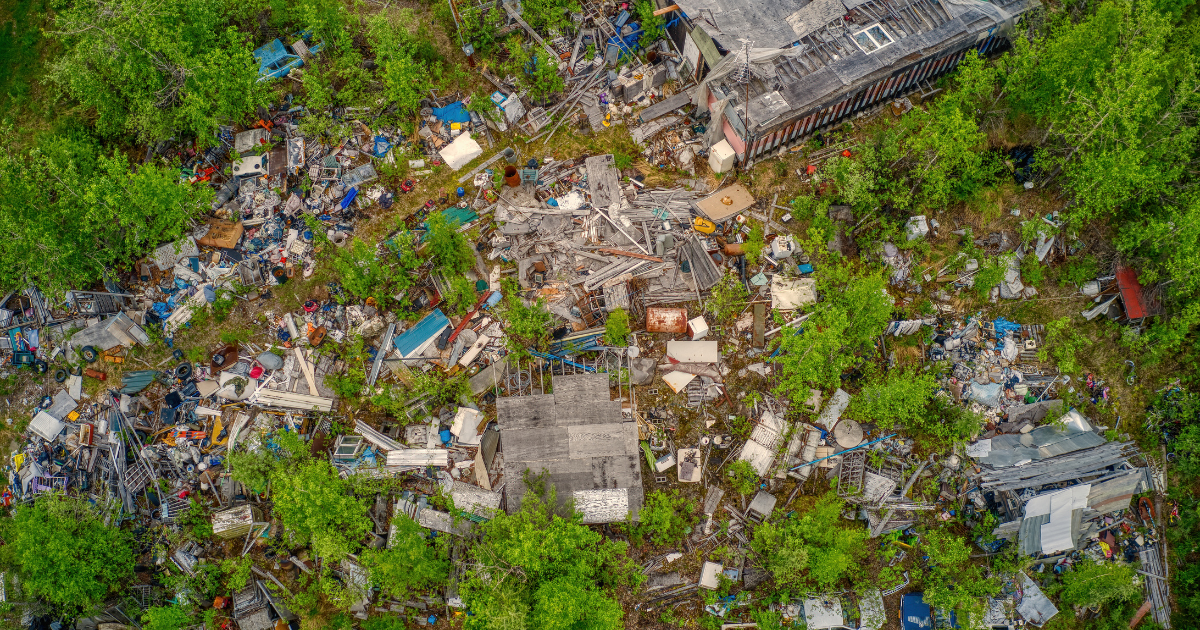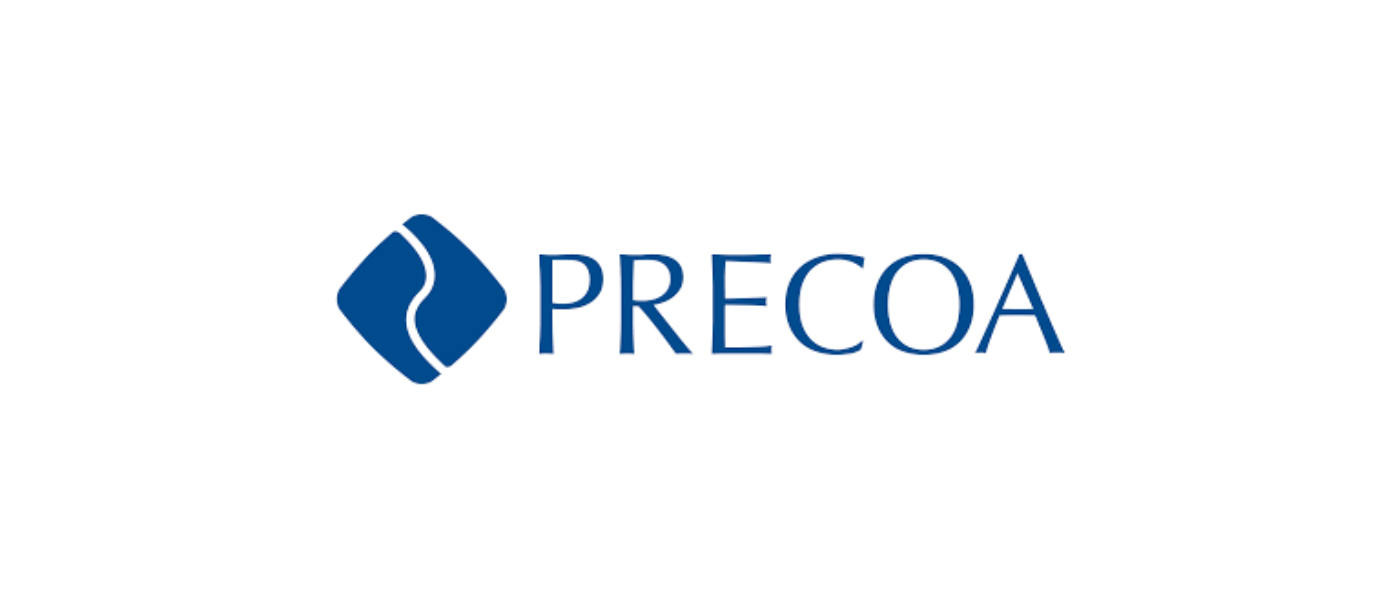This is What Deathcare Looks Like When Robot Funeral Directors Take Over
What happens when robots take all the jobs? This is a common question that members of every industry fantasize about with semi-real fear. The funeral profession has enough to be afraid of over the next decade with cremation rising, a new generation of no-service customers moving in, and online merchandise sales on the rise, but lets think for a second about the possibility of a robot funeral directors taking over. There are arguments for both sides of the possibility…
Robots will harvest, cook, and serve our food. They will work in our factories, drive our cars, and walk our dogs. Like it or not, the age of work is coming to an end. —Gray Scott, futurist philosopher
A recent article on DigitalDying by
Technology is the least relevant part of the funeral process,” told Digital Dying. “Whatever technological advances and robot morticians and internet funerals they come up with, it will only catch on with the general public if there is some sort of ritual that goes along with it and makes that technology seem useful and purposeful for that generation. There are these moments…birth, getting married, various sorts of initiation rites, and death. And my sense is that if there is one aspect of human culture that is going to resist to technology and this kind of depersonalization it is going to be those moments of great transition, because those have always been the most ritualistic, and we as human beings have invested the most meaning in them.
On the other hand, in 2017, we wrote about a real-life concept funeral proceeding robot named Pepper built by Nisseito to lead Buddhist funerals. He was introduced at the Life Ending Industry Expo in Tokyo last year. Reuters Reported:
With Japan’s population aging and shrinking, many Buddhist priests receive less financial support from their communities, prompting some to find part-time work outside their temple duties, said Michio Inamura, Nissei’s executive adviser.
The funeral robot could step in when a priest was not available, he said. It also cost less at 50,000 yen (about $450) per funeral compared to more than 240,000 yen ($2,200) for a human priest.
Lets assume that robot funeral directors do replace all the jobs. What happens then? If you ask Mark Zuckerberg or Elon Musk they’ll fall into the basket of citizens who will receive Universal Basic Income – an economic model that distributes a standard amount of money to all citizens evenly to replace a salary. But not everyone buys that idea…
In January 2018, Scott A. Wolla published a piece for St. Louis Federal Bank’s Economic Research comparing the imminent robot takeover to economic theory and history. Wolla cites the Law of Demand which states as the price of something decreases, the quantity demanded of that good increases.
Wolla explains, “… think of the spreadsheet software on your computer. It can be used to organize information into columns, but it can also be used as a high-powered calculator to process thousands of pieces of data at one time. The development of spreadsheet software during the early 1980s made repetitive calculations simpler and faster. In fact, the spreadsheet replaced the work that bookkeepers used to do in ledgers with simple adding machines and calculators—it substituted for the labor of bookkeepers. But spreadsheets also created demand for people who could analyze numbers in new and interesting ways, such as accountants and management consultants.
Additionally, as some sectors contract due to technology (substitution), other (complementary) sectors arise. Wolla explains, “As passenger cars displaced the horse and buggy (and the jobs associated with them) during the 1920s, motel and fast-food industries rose up to serve the “motoring public.”
3 Theories on Deathcare and the Law of Demand
If we automate the technical aspect of death care and dissect the aspects of funeral directing that relay completely on creativity and compassion, what does the deconstructed funeral director look like? In other words, in the case of the funeral director being replaced, following the Law of Demand, what jobs may be created or placed in higher demand than at the present? I’m not implying that funeral directors are bad at their jobs, but they are stretched thin and have to be proficient in many areas of business from comforting grieving families, to operating a giant kiln, to organization, to event planning, etc. Here are 3 ideas…
1.Rise in Grief Counselors
With funeral directors gone, families will have less interaction with individuals trained in dealing with grief. This may stir an increased demand for grief counselors which could become apart of the dying ritual itself. Just as a nurse may come to your home and consult on your newborn, a grief counselor may do the same to consult on life without your loved one. If this becomes a commonplace practice the profession of grief counseling would see a massive boom in jobs.
2. Event Planners Specializing in Death
So much of death is planning the timeline of events starting with body pickup to the memorial event – whether that is a traditional service or in a bar. If robot funeral directors take over, event planners specializing in death may be a brand new profession that emerges – a sort of funeral director/event planner hybrid. A person who plans the moves, but has no mortuary education.
2. Higher Quality or Highly Personalized Products
As the costs of dying goes down, there could be a new desire for high quality memorial products and highly personalized events. We’ve already seen this begin to to happen with the popularization of cremation over burial giving rise to entirely new products like cremation jewelry, ashes-in-glass, and shooting cremated remains into space. How extravagant could this get?
We believe that it’s essential for us to be thinking about the future of the industry so we can create it to be beautiful and helpful to each of the families we serve. As a catalyst for future-thinking we have identified the concept of robot funeral directors as one of the top 15 iconic news stories shaping the future of death care. See the full list here.
If robot funeral directors take over, what do you think will grow out of the Deathcare industry following the Law of Demand? Tell us in the Comments!




